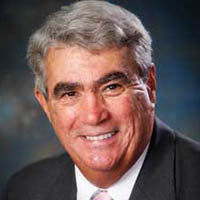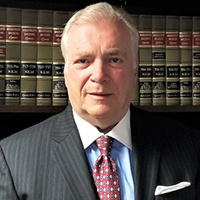Boston Criminal Lawyer, Massachusetts, page 2
Sponsored Law Firm
-
 x
x

Click For More Info:
-
Adam P. Beck, M.D., Esq.
25 Marston St Suite 303 Lawrence, MA 01841» view mapAccident & Injury Law Legal Expertise You Can Rely On
By working with lawyers who are also doctors, clients can benefit from advocates who have a deeper understanding of their physical injuries, medical needs, and prognoses.
800-383-8491
George F. Ohlson
✓ VERIFIEDGeorge F. Ohlson, Jr. is a partner at Ohlson & Ohlson, Attorneys at Law. Attorney Ohlson’s practice exclusively consists of criminal litigation. He ... (more)
William J. Gillespie
✓ VERIFIEDIf you or someone you know needs legal expertise in these areas, you want Attorney William J. Gillespie working for you. He has been in practice since... (more)
Robert N. Launie
✓ VERIFIEDAttorney Robert N. Launie graduated from Boston College High School in 1974 and Boston College in 1978. After working in-house for a large union mason... (more)
FREE CONSULTATION
CONTACTFREE CONSULTATION
CONTACTFREE CONSULTATION
CONTACTFREE CONSULTATION
CONTACT Adam Beck Lawrence, MA
Adam Beck Lawrence, MA AboutAdam P. Beck, M.D., Esq.
AboutAdam P. Beck, M.D., Esq. Practice AreasExpertise
Practice AreasExpertise



